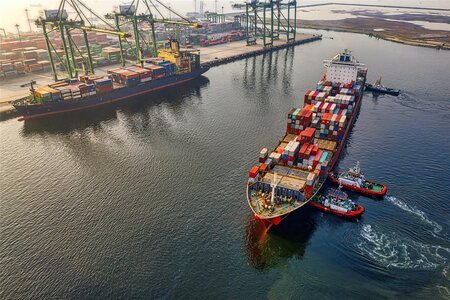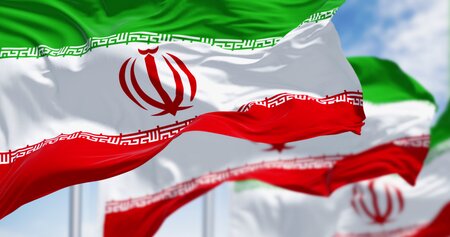Iran has been subject to a complex web of sanctions from the UN, US, EU, and UK due to its nuclear program, missile development, and alleged sponsorship of terrorism. These sanctions are among the most extensive globally, targeting key sectors such as energy, finance, and military industries.
US sanctions have been in place since 1979 and were strengthened over time, especially following the US withdrawal from the Joint Comprehensive Plan of Action (JCPOA) in 2018. These severely limit Iran’s ability to export oil and engage in international financial transactions. Measures aim to curb Iran's ability to fund its nuclear program and destabilising activities in the Middle East.
UN sanctions, through Security Council Resolutions such as 1737, 1747, and 1929, focused initially on halting Iran's nuclear weapons development. The EU and UK sanctions align closely with the US, targeting Iran's energy sector, financial systems, and key industries like petrochemicals.
The sanctions include asset freezes and travel bans for individuals and entities connected to the Iranian Revolutionary Guard Corps (IRGC) and other organisations tied to Iran's military programs. The restrictions have created significant economic pressure on Iran, contributing to widespread economic difficulties within the country.




